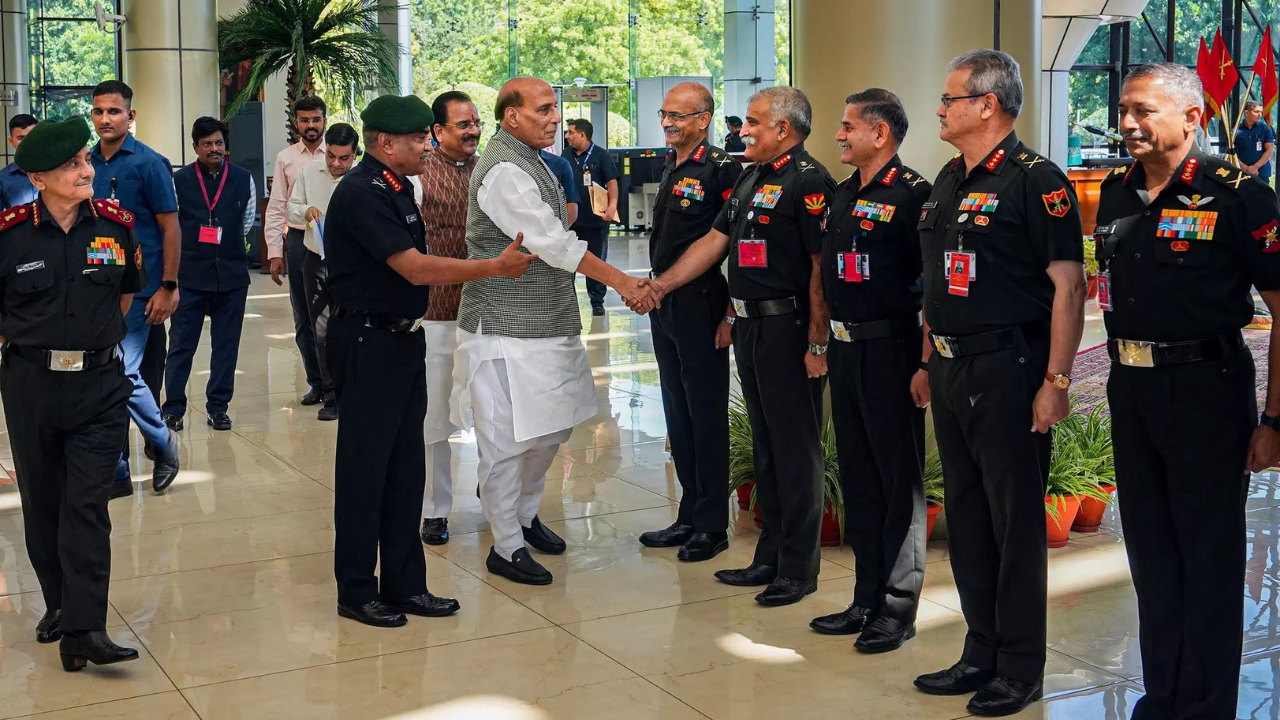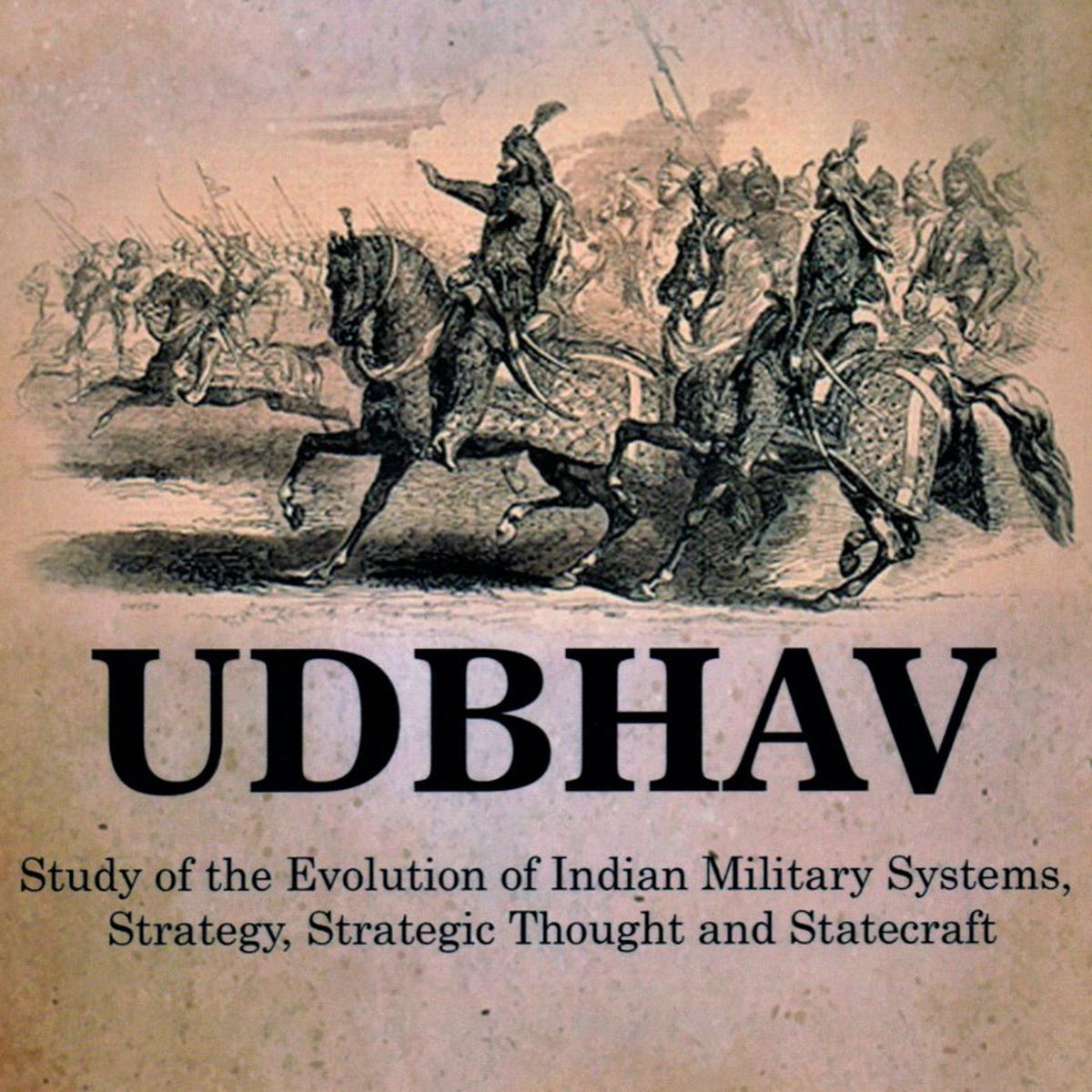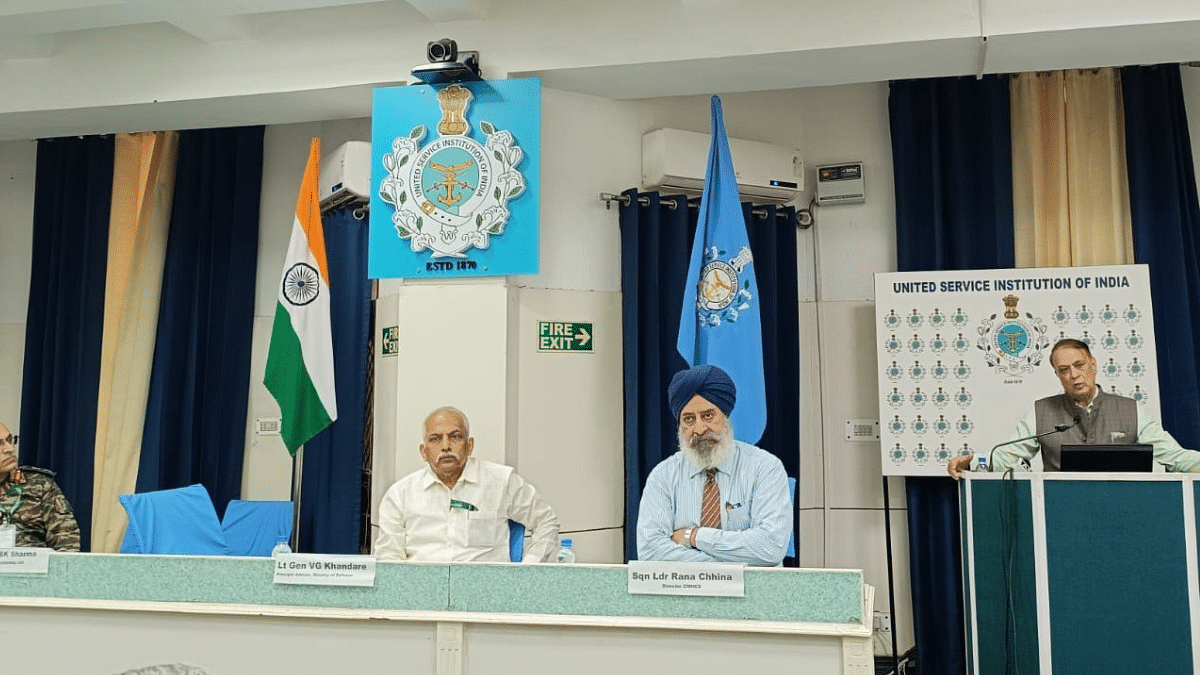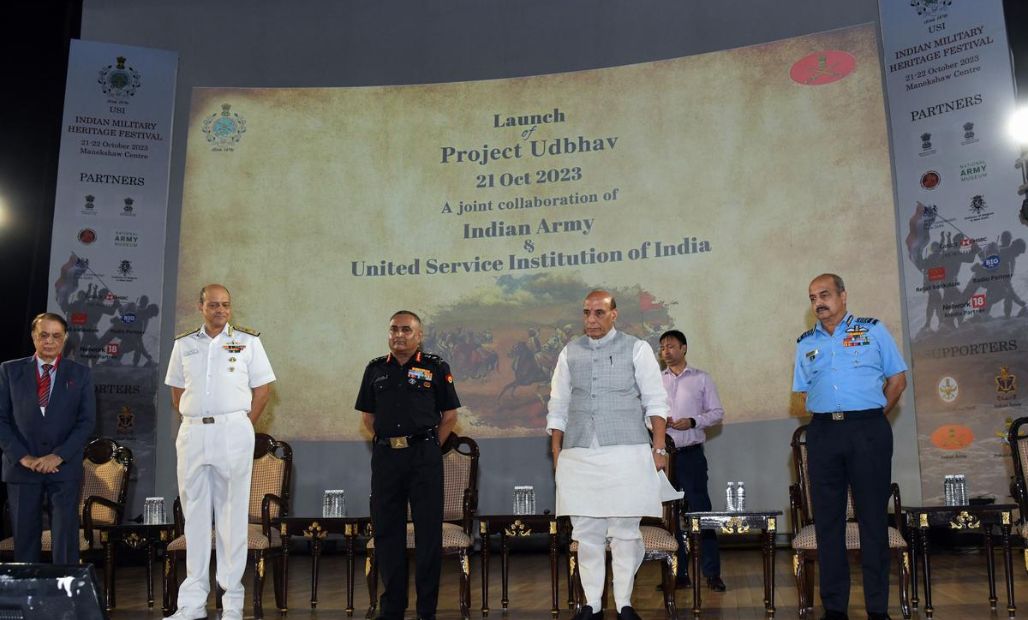The Indian Army’s Project Udbhav marks a significant step toward integrating the timeless wisdom of ancient Indian texts with contemporary military practices. Spearheaded by Deputy Chief of Army Staff (Strategy) Lt. Gen. Tarun Kumar Aich, the project highlights the importance of historical military tactics and diplomacy, emphasizing their relevance in addressing modern security challenges.

Source: Times of India
What is Project Udbhav:
‘Project Udbhav,’ an initiative introduced by the Indian Army, aims to delve into the depths of India’s historical military systems and indigenous strategic cultures. Through a comprehensive study, the project seeks to cultivate an indigenous strategic vocabulary rooted in India’s rich heritage and culture, fostering a comprehensive understanding of its relevance in today’s context. This ambitious endeavor signifies the Army’s dedication to harnessing India’s strategic past to enrich its future military might and strategic acumen.
Ancient Wisdom:
Lt. Gen. Aich emphasized the significance of ancient Indian texts such as Chanakya’s Arthashastra and Thirukkural by Tamil philosopher Thiruvalluva in shaping ethical conduct, diplomacy, and warfare. Drawing parallels between the ancient scriptures and contemporary military codes of ethics, he highlighted the alignment with the principles of the Geneva Convention, underscoring the enduring relevance of ethical conduct in all endeavors, including warfare.

Source: The Hindu
Historical Military Triumphs:
Highlighting the military prowess of ancient Indian kingdoms, Lt. Gen. Aich pointed to the successes of the Mauryan and Chola empires, along with the strategic diplomacy employed by the Ahom Kingdom in its prolonged resistance against the Mughals. Noteworthy examples included the Naval Battle of Saraighat in 1671, illustrating the effective use of diplomatic negotiations, psychological warfare, and intelligence strategies to exploit the strategic weaknesses of the adversary.
Learning from Historical Figures:
Lt. Gen. Aich shed light on the tactical brilliance of historical figures like Shivaji and Ranjit Singh, emphasizing their strategic foresight and innovative military tactics. While Shivaji’s use of guerrilla warfare tactics remains well-known, his establishment of naval forts along the Western seaboard stands as a testament to his comprehensive defense strategy. Similarly, Ranjit Singh’s triumph over numerically superior Mughal and Afghan forces exemplified the effective deployment of indigenous military strategies.

Source: The Print
Ancient Military Knowledge:
With an emphasis on reviving ancient military knowledge, the Army Training Command compiled the Compendium of 75 Stratagems, offering insights into ancient military strategies. Additionally, the College of Defence Management in Hyderabad undertook a study to establish linkages between ancient Indian culture and the art of strategic thinking, paving the way for a comprehensive understanding of the relevance of historical military wisdom in contemporary military practices.
Future Implications:
The launch event witnessed the presence of prominent figures, including Chief of the Army Staff General Manoj Pande and Chief of Air Staff ACM V.R Chaudhari. The introduction of ‘Project Udbhav’ reflects the Indian Army’s commitment to leveraging ancient wisdom to innovate modern military strategies, fostering a dynamic landscape that embraces historical military triumphs and fosters a culture of strategic foresight and innovation.



















































































